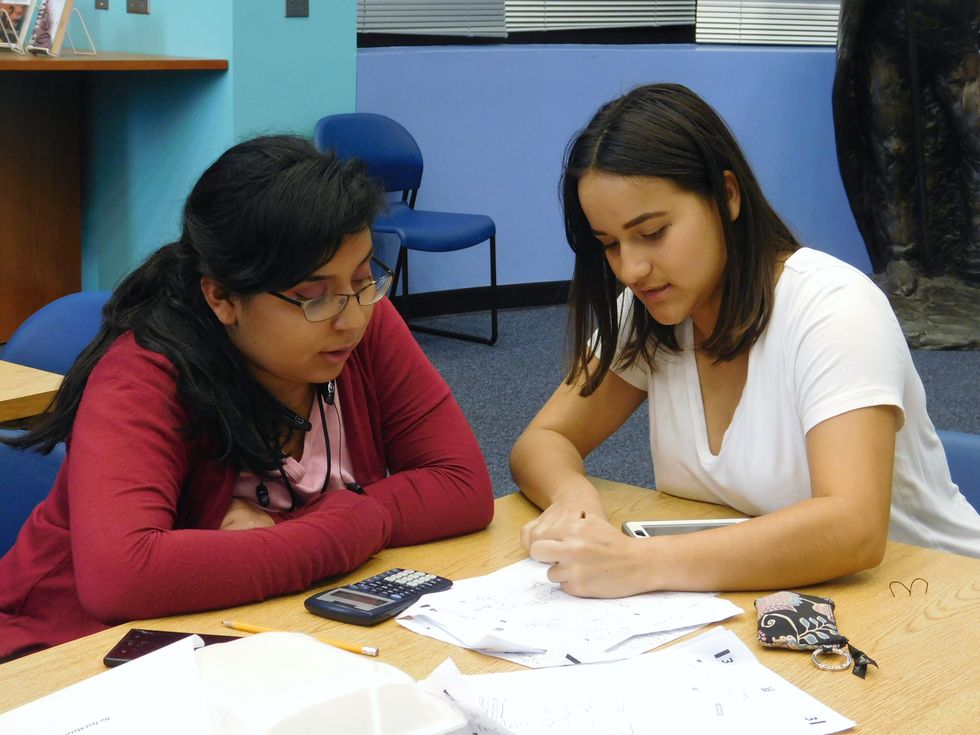Service is the selfless act of giving others what they could not provide for themselves. The act has the potential to transform, not only others, but also the person who performs the service. Here are some lessons that one can learn from doing service.
Time Management
Service, as in any other action, takes up time. A friend once said, "when you have less time, you spend your remaining time more wisely." You tend to value your time when you use a portion of it on meaningful tasks, such as service. You begin to plan out your day, beginning with the essential commitments (family, education, health), then with voluntary commitments (service, friends), and then with noncommittal activities. Planning out your commitments helps you use your remaining time wisely.
Leadership
Service, especially of the long-term variety, requires followers to become leaders. To organize your service activity, you will communicate with other adults professionally. You will have to work through tough availability conflicts and financial considerations. If your service organization is structured well, you will have people to help you, but you will still have to maintain your own responsibilities.
Understanding Others' Needs
To properly serve a community in need, the service organization must first be able to identify what that particular community needs. This can be done by simply asking members of the community for what they need, but it is important that those doing the service ask the right questions. Service groups must do their research on what the community needs but be willing to adapt to any changes or particular needs that the community may have.
Selflessness
As evident in the definition of service, service teaches the one performing the act to be selfless. The action of service allows a person to think first about the needs of others and then to consider how he or she may be of help.
This is a complete opposite way of thinking from what is becoming the norm: considering one's personal needs first, and then seeking means of fulfillment. Service can often follow this logic if people do not act selflessly. For instance, a person may do service to impress employers or schools and would be serving of their personal benefit. This backward way of committing service, purposely for the benefit of the person to serve, may have consequences. People who do service for their own gain may lack the benefits outlined in this article, whereas people who do service selflessly may reap its many benefits.



















